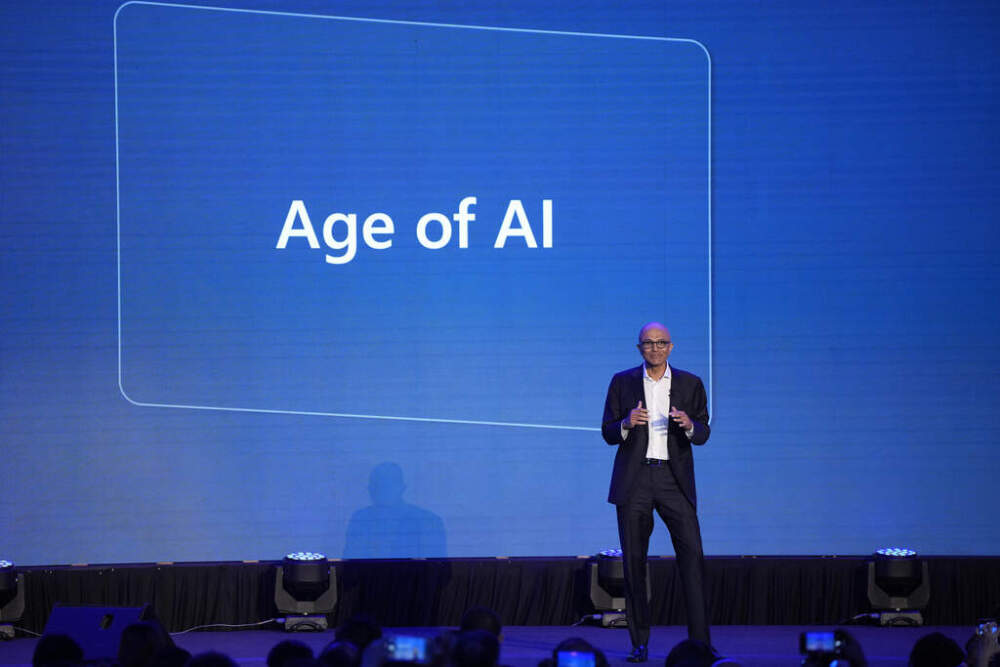
News
August 21, 2025
Our mental health in the hands of AI
AI is everywhere, and increasingly, people are turning to it for therapy. What’s at stake when we lose that human to human-therapist connection?
**Is AI Therapy a Friend or Foe? Exploring the Impact on Our Mental Wellbeing**
Artificial intelligence is rapidly transforming various aspects of our lives, and now, it's stepping into the realm of mental healthcare. More and more individuals are exploring AI-powered therapy apps and platforms, seeking assistance with everything from managing anxiety to navigating relationship challenges. But as we increasingly rely on these digital companions for emotional support, a crucial question arises: what are the potential consequences of losing the traditional human-to-human connection in therapy?
The appeal of AI therapy is undeniable. These platforms offer convenience, affordability, and anonymity, making mental health support accessible to a wider audience, especially those who may be hesitant to seek traditional therapy due to stigma or financial constraints. AI therapists are available 24/7, providing instant responses and personalized exercises based on algorithms and data analysis. They can track moods, identify patterns, and offer coping mechanisms, all without the constraints of scheduling appointments or facing judgment.
However, experts are raising concerns about the potential drawbacks of replacing human therapists with AI. One key concern is the lack of empathy and emotional intelligence. While AI can process language and recognize emotional cues, it cannot truly understand or share the depth of human emotions. The therapeutic alliance, a crucial element in successful therapy, relies on the therapist's ability to empathize, build trust, and create a safe space for vulnerability. Can an AI truly replicate this crucial human connection?
Another concern revolves around the limitations of AI in handling complex or nuanced mental health issues. While AI can be effective in addressing specific symptoms or providing general guidance, it may struggle to recognize underlying causes or adapt to individual needs in the same way a human therapist can. Furthermore, ethical considerations surrounding data privacy and security are paramount, as users entrust sensitive personal information to these platforms.
The rise of AI therapy presents both opportunities and challenges. While it can serve as a valuable tool for accessible and convenient mental health support, it's crucial to consider the potential impact on the therapeutic relationship and the limitations of relying solely on AI for complex emotional needs. As we navigate this evolving landscape, a balanced approach, combining the benefits of technology with the irreplaceable value of human connection, may be the key to ensuring our mental wellbeing in the age of AI.
Artificial intelligence is rapidly transforming various aspects of our lives, and now, it's stepping into the realm of mental healthcare. More and more individuals are exploring AI-powered therapy apps and platforms, seeking assistance with everything from managing anxiety to navigating relationship challenges. But as we increasingly rely on these digital companions for emotional support, a crucial question arises: what are the potential consequences of losing the traditional human-to-human connection in therapy?
The appeal of AI therapy is undeniable. These platforms offer convenience, affordability, and anonymity, making mental health support accessible to a wider audience, especially those who may be hesitant to seek traditional therapy due to stigma or financial constraints. AI therapists are available 24/7, providing instant responses and personalized exercises based on algorithms and data analysis. They can track moods, identify patterns, and offer coping mechanisms, all without the constraints of scheduling appointments or facing judgment.
However, experts are raising concerns about the potential drawbacks of replacing human therapists with AI. One key concern is the lack of empathy and emotional intelligence. While AI can process language and recognize emotional cues, it cannot truly understand or share the depth of human emotions. The therapeutic alliance, a crucial element in successful therapy, relies on the therapist's ability to empathize, build trust, and create a safe space for vulnerability. Can an AI truly replicate this crucial human connection?
Another concern revolves around the limitations of AI in handling complex or nuanced mental health issues. While AI can be effective in addressing specific symptoms or providing general guidance, it may struggle to recognize underlying causes or adapt to individual needs in the same way a human therapist can. Furthermore, ethical considerations surrounding data privacy and security are paramount, as users entrust sensitive personal information to these platforms.
The rise of AI therapy presents both opportunities and challenges. While it can serve as a valuable tool for accessible and convenient mental health support, it's crucial to consider the potential impact on the therapeutic relationship and the limitations of relying solely on AI for complex emotional needs. As we navigate this evolving landscape, a balanced approach, combining the benefits of technology with the irreplaceable value of human connection, may be the key to ensuring our mental wellbeing in the age of AI.
Category:
Politics